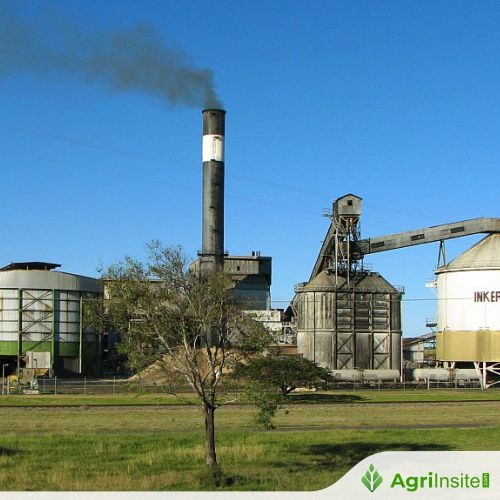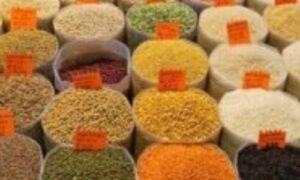Kenya Sugar Board halts milling operations in Western region amid cane shortage

The Kenya Sugar Board has ordered a three-month shutdown of sugar mills in key western regions from July 14, 2025, due to a shortage of mature cane. Affected areas include Mumias, Busia, Bungoma, and Kakamega. The board aims to curb losses from premature harvesting and will conduct a Cane Availability Survey to guide sustainable future operations.
The Kenya Sugar Board (KSB) has announced a shutdown of milling operations in Lower and Upper Western sugarcane catchment areas for a period of three months.
KSB cited an acute shortage of mature sugarcane as the reason for its decision.
In a press statement, Acting Chief Executive Officer Jude Chesire said the move follows extensive consultations with stakeholders and is aimed at preventing further losses to farmers and the sugar industry as a whole.
“This is due to inadequate cane development to match milling capacity. This has led to harvesting and subsequent milling of immature cane,” said Chesire. “Farmers are incurring losses due to lower cane yields associated with immature cane harvesting.”
The affected Lower Western region includes Mumias, Busia, and Siaya counties, which are significant sugarcane farming hubs.
In the Upper Western catchment, operations will cease in Bungoma, Kakamega, Trans-Nzoia, Uasin Gishu, and Northern Nandi counties.
These regions collectively form the backbone of Kenya’s sugarcane production.
According to Chesire, the decision was formalised during a stakeholder meeting held on Friday, July 4, at the Sarova Imperial Hotel in Kisumu.
The discussions concluded that the current levels of mature cane are insufficient to sustain milling operations across the region.
To allow for recovery, milling activities will be suspended starting July 14, 2025, and will remain on hold for three months.
During this time, the Sugar Board plans to conduct a comprehensive Cane Availability Survey within two months to assess the volume of mature cane and determine the optimal milling capacity for each factory upon resumption.
“All millers should aggressively develop cane to ensure an adequate supply of raw material in future,” Chesire urged, emphasising the importance of long-term planning to prevent future disruptions.
The closure is expected to impact sugar production temporarily, but officials maintain that the long-term health of the industry depends on stabilising cane supply and protecting farmers from the financial strain of premature harvesting.
To Read more about Sugar Industry continue reading Agriinsite.com
Source : The Star
















